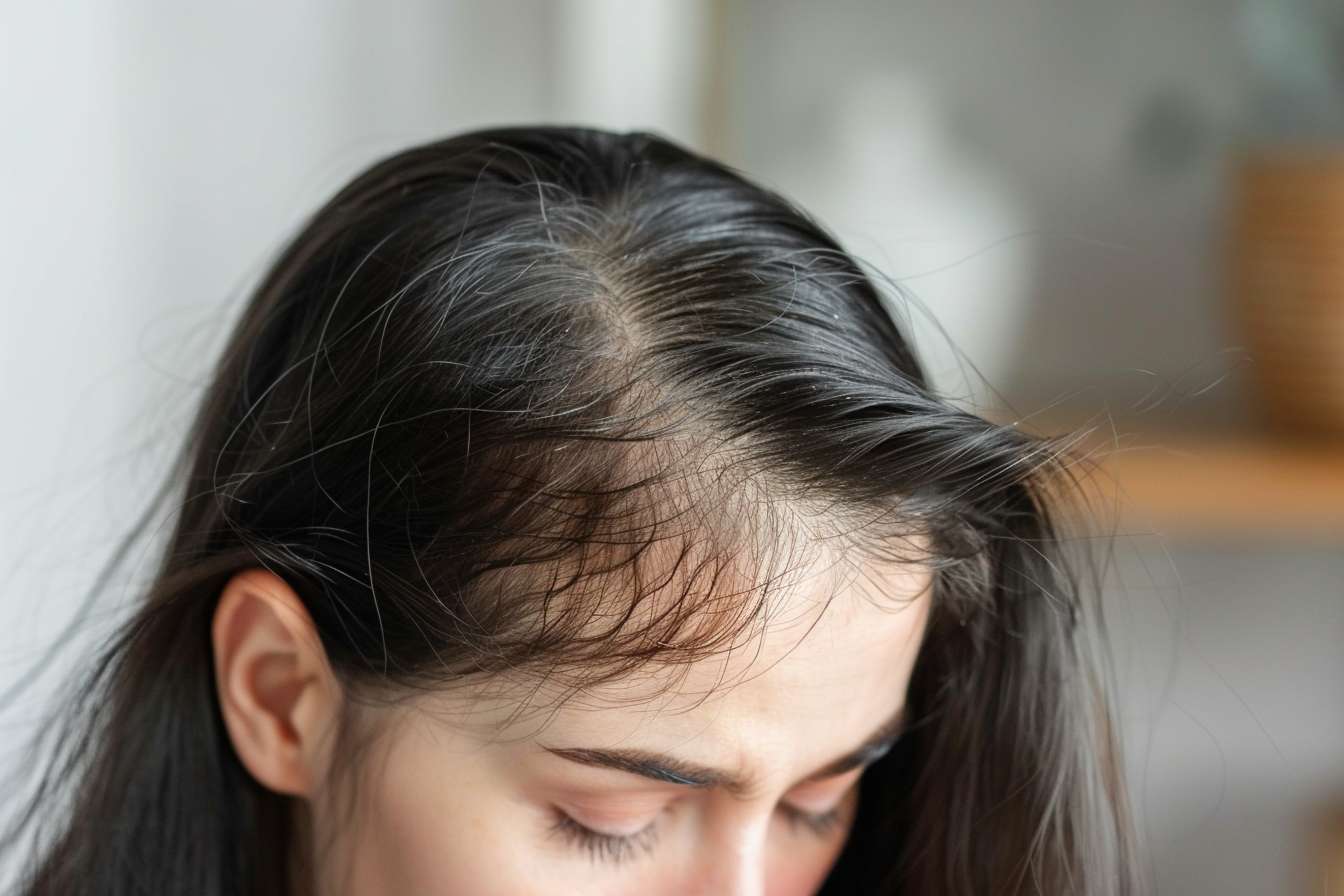Hair Loss: Causes, Treatments, and Prevention
Hair loss, or alopecia, is a common condition that affects millions of people worldwide. This article explores the various aspects of hair loss, including its causes, available treatments, and preventive measures. Hair loss can occur due to various factors, including:

-
Genetics: Hereditary hair loss, also known as androgenetic alopecia, is the most common cause of hair thinning and baldness.
-
Hormonal changes: Hormonal imbalances, such as those during pregnancy, childbirth, menopause, or thyroid problems, can lead to temporary or permanent hair loss.
-
Medical conditions: Certain autoimmune diseases, such as alopecia areata, can cause patchy hair loss.
-
Medications: Some medications, including those used for cancer treatment, depression, and high blood pressure, may have hair loss as a side effect.
-
Stress: Physical or emotional stress can trigger a type of hair loss called telogen effluvium.
What are the different types of hair loss?
There are several types of hair loss, including:
-
Androgenetic alopecia: This is the most common form of hair loss, affecting both men and women. It is characterized by a gradual thinning of hair, typically starting at the crown and temples.
-
Alopecia areata: An autoimmune condition that causes patchy hair loss on the scalp and other parts of the body.
-
Telogen effluvium: A temporary form of hair loss often triggered by stress, illness, or hormonal changes.
-
Traction alopecia: Hair loss caused by repeated pulling or tension on the hair, often due to certain hairstyles.
-
Scarring alopecia: A rare type of hair loss that results in permanent damage to hair follicles, often caused by inflammation or infection.
What treatments are available for hair loss?
Several treatment options are available for hair loss, depending on the underlying cause and severity:
-
Medications: Minoxidil and finasteride are FDA-approved treatments for androgenetic alopecia.
-
Hair transplantation: A surgical procedure that involves moving hair follicles from areas with thick growth to thinning or balding areas.
-
Scalp micropigmentation: A cosmetic procedure that creates the appearance of a fuller head of hair by tattooing pigment into the scalp.
-
Low-level laser therapy: A non-invasive treatment that uses red light to stimulate hair growth.
-
Platelet-rich plasma (PRP) therapy: A treatment that involves injecting a concentration of the patient’s own platelets into the scalp to promote hair growth.
How can hair loss be prevented?
While not all types of hair loss can be prevented, there are steps you can take to maintain healthy hair and potentially reduce the risk of hair loss:
-
Maintain a balanced diet rich in proteins, vitamins, and minerals essential for hair health.
-
Avoid harsh hair treatments and excessive heat styling that can damage hair and lead to breakage.
-
Practice gentle hair care techniques, such as using a wide-toothed comb and avoiding tight hairstyles that pull on the hair.
-
Manage stress through relaxation techniques, exercise, and adequate sleep.
-
Consult a healthcare professional if you notice significant hair loss, as early intervention can be crucial in some cases.
When should you see a doctor for hair loss?
It’s advisable to consult a healthcare professional if you experience:
-
Sudden or patchy hair loss
-
Excessive shedding that persists for more than a few weeks
-
Scalp irritation, redness, or scaling accompanying hair loss
-
Hair loss associated with other symptoms, such as fatigue or unexplained weight changes
A doctor can help determine the underlying cause of your hair loss and recommend appropriate treatment options.
What are the psychological impacts of hair loss?
Hair loss can have significant psychological effects on individuals, including:
-
Decreased self-esteem and confidence
-
Anxiety and depression
-
Social withdrawal
-
Body image issues
-
Increased stress, which can potentially exacerbate hair loss
It’s important to address these psychological impacts and seek support when needed. Many individuals find comfort in support groups or counseling to help cope with the emotional aspects of hair loss.
In conclusion, hair loss is a complex condition with various causes and treatment options. Understanding the underlying factors and available treatments can help individuals make informed decisions about managing their hair loss. While some forms of hair loss are preventable or treatable, others may require long-term management strategies. Consulting with a healthcare professional is crucial for proper diagnosis and personalized treatment plans.
This article is for informational purposes only and should not be considered medical advice. Please consult a qualified healthcare professional for personalized guidance and treatment.




